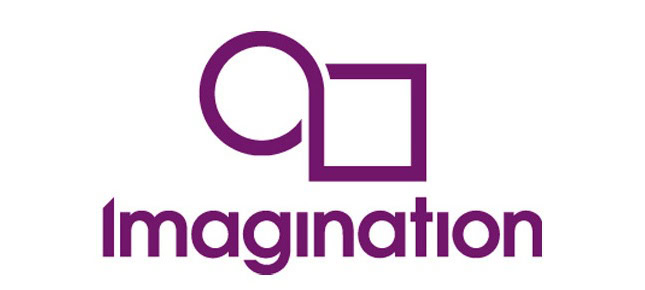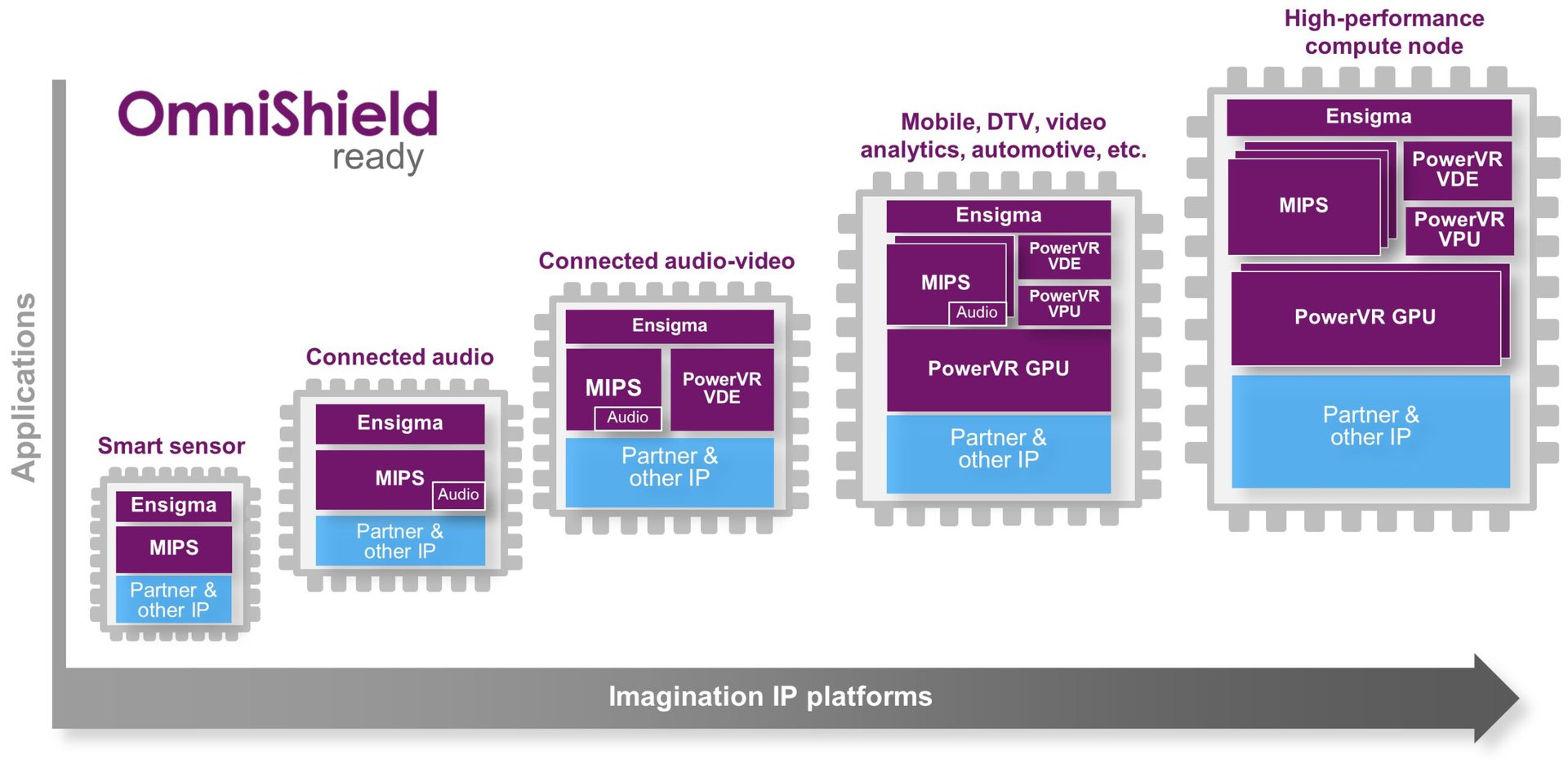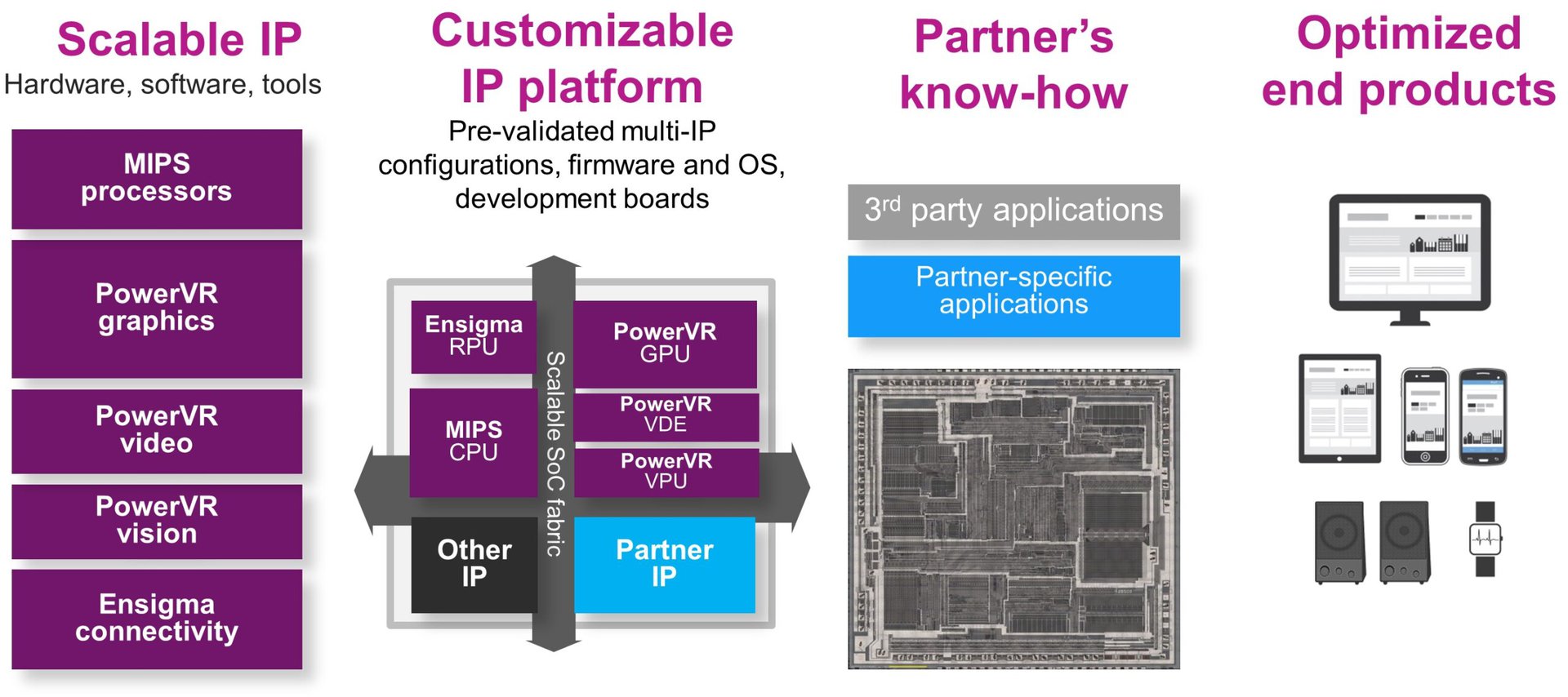Affiliate links on Android Authority may earn us a commission. Learn more.
Imagination and TSMC team up to speed up Internet of Things development

Imagination Technologies and semiconductor manufacturer TSMC have announced a collaborative effort to bring a new family of subsystems designed for the internet-of-things to market. By working closing with TSMC, Imagination’s platforms can be brought to market by third party developers quickly and for a lower cost than before, even on smaller manufacturing processes.
The energy and performance improvements offered by smaller manufacturing nodes is beneficial for low power, small form factor IoT devices, but smaller nodes are more difficult and time consuming, and therefore more expensive, to design for than larger nodes. It can be up to twice as expensive to develop a 16nm FinFET chip compared with a 28nm chip. To help developers combat these costs, Imagination has worked with TSMC to optimize its IP portfolio for processes ranging from 55nm all the way down to 10nm in the future.

Imagination’s IP platforms ranges from tiny smart sensors, through to audio and video processors, all the way up to higher performance compute notes. Partners can build on these IP platforms according to specific use cases, adding their own IP and know-how to create dedicated solutions. The range of options available here is quite impressive.
The other essential half of empowering IoT developers is secure access to cloud networks. As such, all of Imagination’s IoT IP subsystems support its FlowCloud software framework for connecting online and its newly announced OmniShield security platform. OmniShield separates hardware into eight different security zones to prevent tampering or breaches in security, which is important to secure IoT devices out in the wild.

Of course, Imagination isn’t the only company working to speed up IoT development. ARM has been trying to facilitate easier development with its mbed OS and client and wide range of development boards, as well as pushing its Trustzone security platform. Samsung also recently unveiled its own ARTIK family of chips and SDK, which makes use of both ARM and Imagination processing technologies within the range. Imagination is looking to set itself apart with the best support for customizable hardware.
Imagination and TSMC’s close working relationship and wide range of manufacturing options could result in a wider adoption of Imagination’s MIPS, PowerVR and Ensigma processor designs in future internet-of-things products.